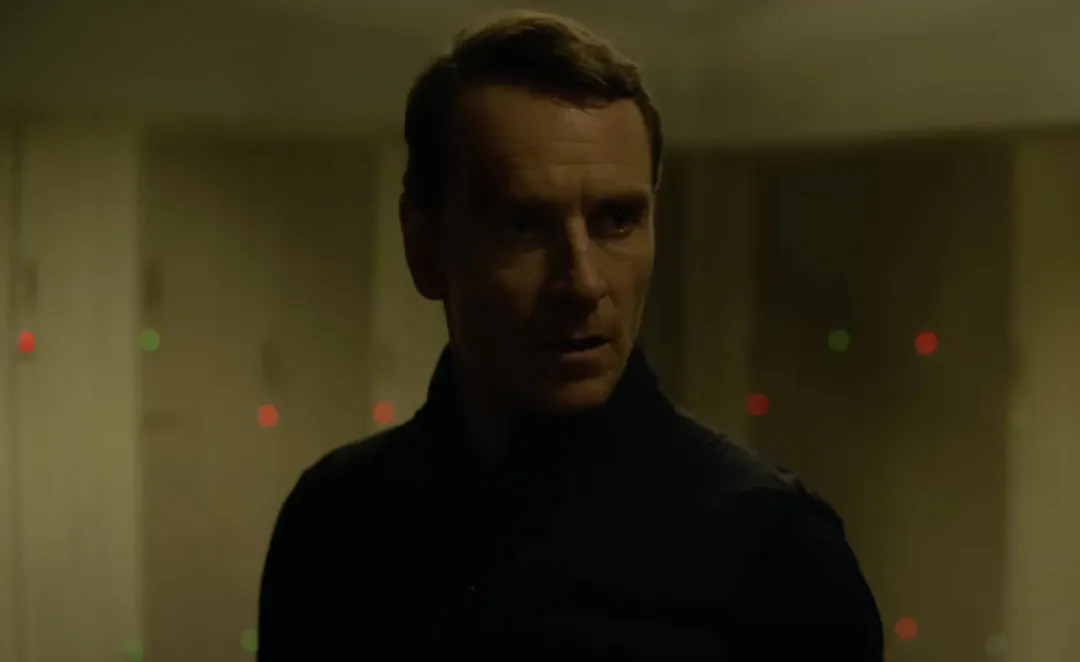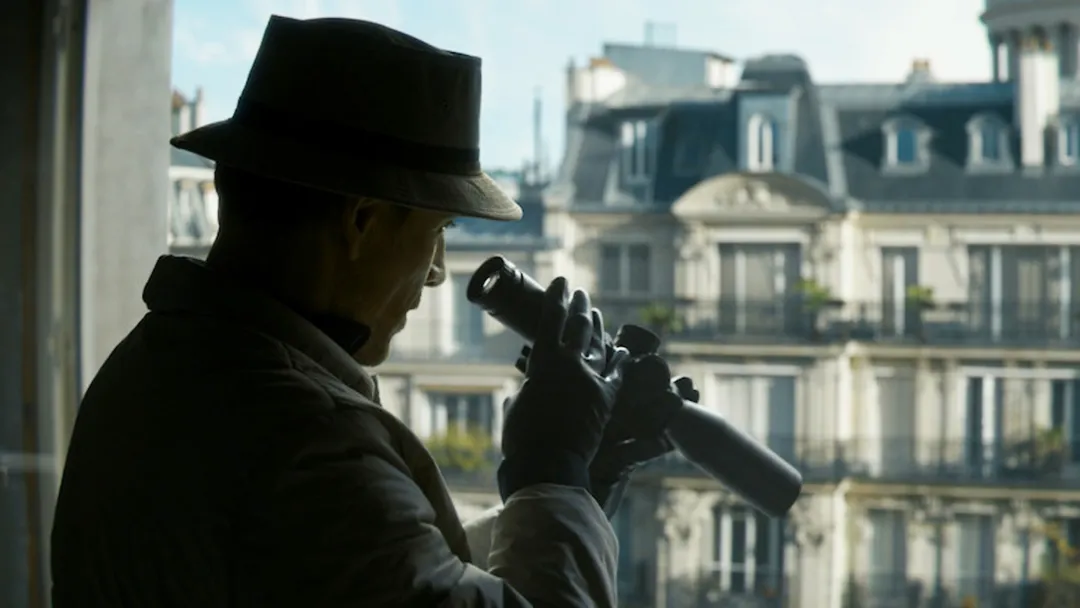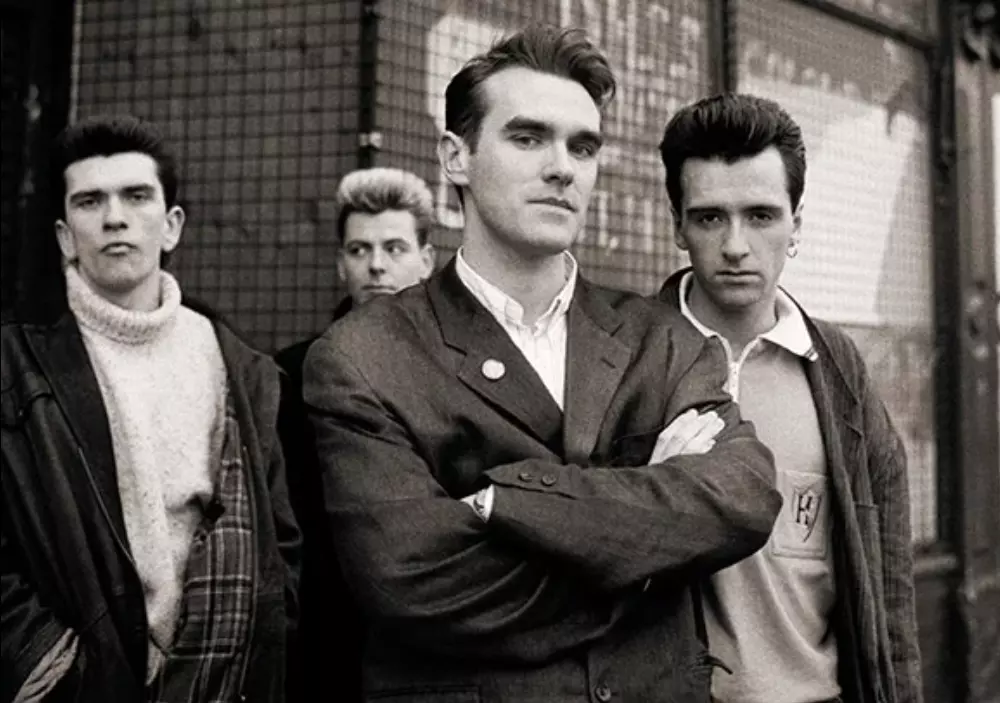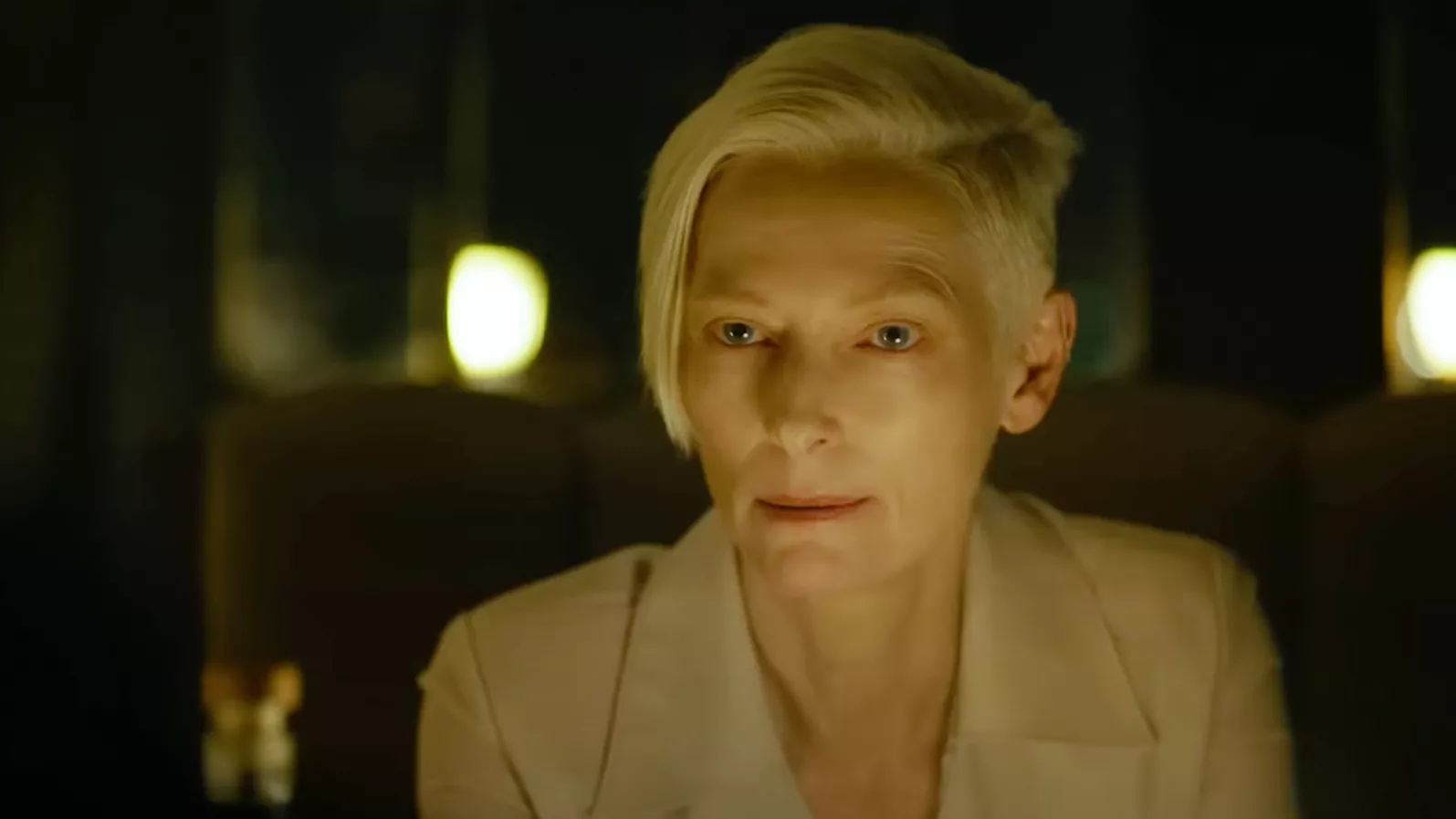Without the slightest doubt, this year’s Venice Film Festival has generated tremendous anticipation for many, and one of the most eagerly awaited films is David Fincher’s The Killer (2003). It is evident that Fincher himself holds this film in high esteem, as evidenced by his personal appearance at the festival. Today, with his hair now completely white and along with a matching beard, one cannot help but ponder the passage of time. The once vibrant “film genius” has entered the stage of grandfatherhood.
Regrettably, a strike by the actors' union prevented the attendance of the film's key leading actor, Michael Fassbender. This is truly unfortunate. If Poor Things (2023) was a film tailor-made by Lanthimos for Emma Stone, then Fassbender is unquestionably the ideal pick for David Fincher's The Killer.

David Fincher's Journey through World Cinema
This time around, you can sense Fincher’s excitement. Despite already being one of the world’s most renowned directors, his work has typically leaned towards commercial appeal and hasn’t received much attention from international film festivals. His only previous nomination was for Zodiac in 2007, which made it to the main competition at the Cannes Film Festival but failed to secure any award. Sixteen years later, The Killer finds itself in the main competition at the Venice Film Festival. It's no surprise that after the screening, the audience showered the film with continuous applause. However, David Fincher appeared somewhat perplexed by this reception, not quite comprehending why the applause lasted so long. But for directors accustomed to the film festival circuit, this process is a familiar one.
Following Zodiac, David Fincher went on to direct a series of successful films including The Curious Case of Benjamin Button (2008), The Social Network (2010), The Girl with the Dragon Tattoo (2011), and Gone Girl (2014) etc. Additionally, he expanded his involvement in television, working on series like House of Cards and Mindhunter. His most recent film work was Mank in 2020.
It is important to note that David Fincher is among the list of Hollywood directors who embraced Netflix at an early stage. He started working on streaming series quite early in his career, and Netflix financed his film, Mank. Similarly, The Killer is a Netflix film set to be released on 10th November. The pace of the release is notably fast, leading one to consider whether David Fincher’s participation in Venice could be attributed to Netflix’s influence. After all, Venice has fully embraced Netflix.
What genre Is The Killer? This movie is based on the novel by Alexis Nolent of the same title. The plot centres around a hitman who, due to an unintended error on a mission, finds himself in the midst of an international manhunt. He insists that it's not motivated by personal grudges. Along the way, he must not only evade his employers but also confront an inner conflict.

In terms of its storyline, The Killer keeps things simple to the point where we don't even know the protagonist's name. It operates with minimalistic elements, with Fincher placing a strong emphasis on how the hitman embodies the essence of his profession. Right from the start of the film, we can sense that he is a highly skilled hitman, displaying meticulous attention to detail in his approach to eliminating targets. However, a series of coincidences led to a rare mistake on his part, forcing him to go on the run. Even in this challenging situation, his professionalism remains evident. For instance, he employs various forged identity documents to conceal his identity, demonstrates a deep understanding of the tools of his trade, and offers guidance on how to escape the scene after a murder.
The film features a significant amount of voice-over narration, which runs nearly throughout the entire movie. Michael Fassbender's character doesn't have many spoken lines; instead, he provides information to the audience through his voice-over narration. For example, he introduces his own hitman code of conduct and emphasizes on the importance of maintaining a heart rate below 60 before carrying out a hit. Most importantly, he cautions against trusting anyone. While this type of narration may initially appear intriguing, its frequent use, especially in the latter part of the film, can become a bit overwhelming and even lead to fatigue. This is perhaps one of the key reasons why some viewers may have dozed off towards the end of The Killer.
Another interesting aspect is its heavy reliance on songs by The Smiths in the film, especially as background music during assassination scenes. It's quite unusual to feature a single band's songs so prominently in a movie. After the screening, I overheard a foreign journalist sitting next to me making a humorous remark, saying, "This movie should be titled ‘A Love Letter to The Smiths' instead of The Killer!

The Smiths (rock band)
In fact, David Fincher has created numerous cold-blooded hitman characters in his films, with Kevin Spacey's portrayal in Se7en (1995) being particularly chilling and terrifying, and the Zodiac killer, a classic character of the silver screen. However, Michael Fassbender's depiction of the hitman in this movie stands in stark contrast. He is calm, and composed, and exudes an enigmatic and alluring charm. It's nearly impossible for the audience not to feel curious and emotionally drawn to him.
Two Different Approaches to “Hitman” Stories:
Although both films revolve around hitmen, they adopt distinct approaches. The Killer aligns more with David Fincher's earlier iconic work, such as Fight Club (1999), aiming to explore the relationship between individuals and themselves in modern society. Therefore, it's hard to categorize it as a genre film; it leans more towards being an art film with occasional intense action scenes. Definitely, for a director of David Fincher's calibre, this storyline might be considered somewhat simplistic. This is one of the reasons why The Killer didn't receive exceptionally high praise after its premiere, particularly when compared to films like Poor Things and Beast, which exhibit greater richness and complexity in terms of their narrative structures and themes.
It's worth noting that there is another film at this year's Venice Film Festival that tells a hitman story – Richard Linklater's Hitman (2023). However, this film takes a radically different approach as it is a straightforward genre comedy with no murder scenes at all. It's an entirely absurd comedy, but it has received an overwhelming flood of applause and positive reviews. Although it's not as serious in tone, the film was only shown out of competition, which made it difficult to enter the main competition. However, audience feedback holds equal importance at film festivals. Comparing these two films offers an interesting contrast. Both are cinematic masterpieces, with one choosing a more profound and serious path, while the other embraces an offbeat, self-deprecating style. Surprisingly, it's the latter that seems to be more favoured by the audience. To some extent, this also reflects the current aesthetic taste of the audience.
In The Killer, apart from Fassbender, there's a cameo by the beloved actress Tilda Swinton. She appears in only one scene, but her performance is nothing short of brilliant. Her unexpected demise towards the end of the film takes everyone by surprise. However, this element is an intriguing aspect of Fincher's movies – even the biggest stars can potentially be "killed off" in his movies at any moment. This is perhaps the charm of David Fincher's films; we never know what kind of cards he'll play next.

In conclusion, I quite enjoyed The Killer, but when it's presented on a prestigious platform like the Venice Film Festival, particularly for a director like David Fincher, I naturally hold it to higher standards. The film is likely to receive awards, given that it marks David Fincher's first appearance at the Venice Film Festival, and the jury will undoubtedly consider this. However, this recognition could be a matter of respect. Once the film is released and undergoes scrutiny from more reviewers, there is a risk that its reputation may be impacted.








Share your thoughts!
Be the first to start the conversation.